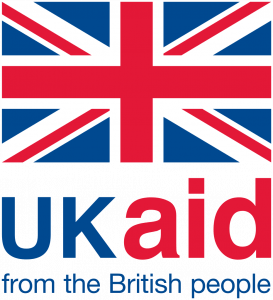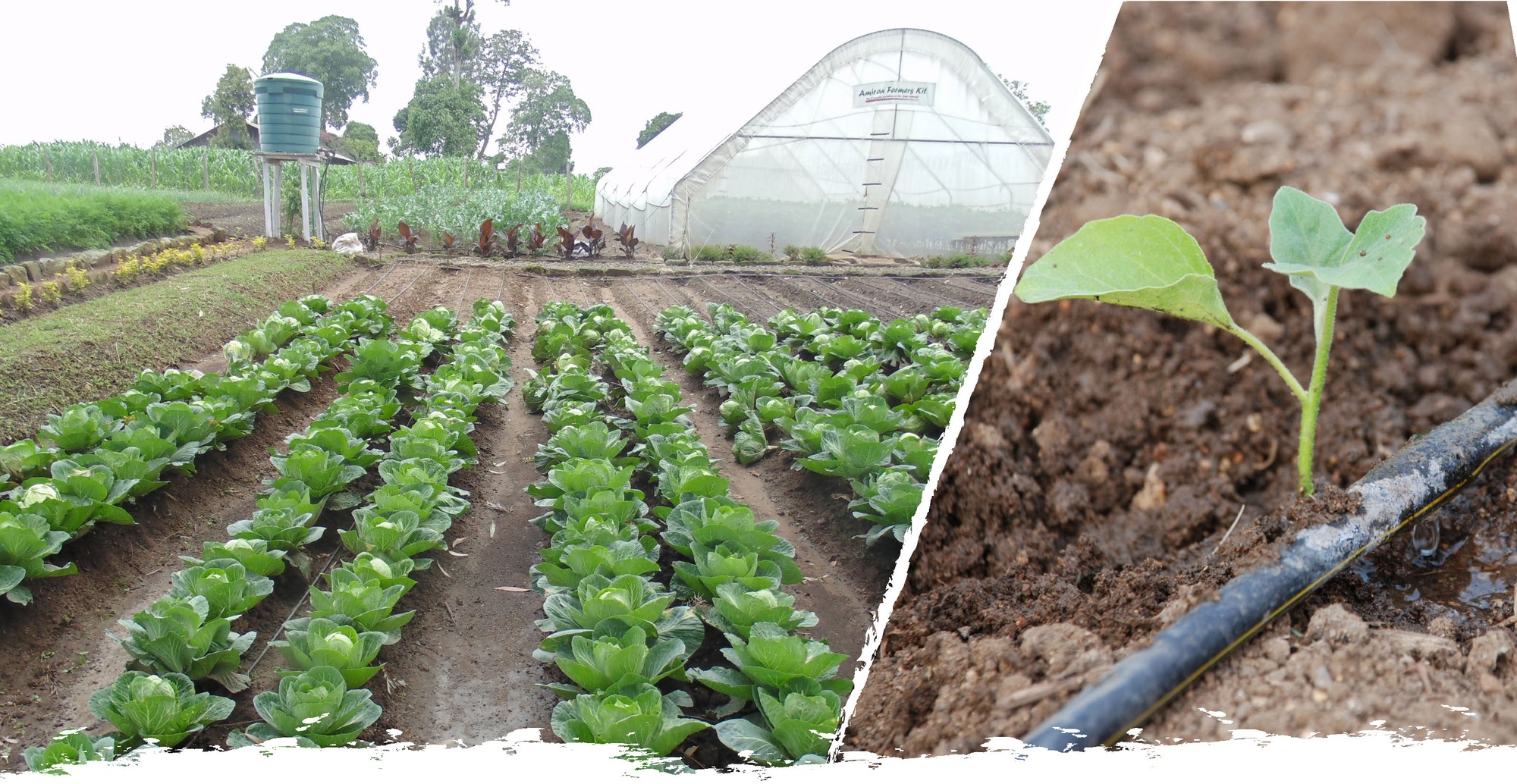In 2019 Shell Foundation and the UK Government provided funding and support to Amiran, a leading East African agricultural distributor, so that they could test a new approach to providing appropriate credit to agricultural Small-Medium Enterprises (SMEs) in Kenya.

Agricultural SMEs across Kenya are unable to obtain the financing they need to invest in their farms, due to limited formal credit history and lack of collateral needed to engage with commercial banks. Lack of finance brings challenges of productivity and social mobility.
Project Madaraka (Swahili for freedom or independence), a new business unit at Amiran Kenya, established a credit sales process offering both lower ticket agricultural equipment and input packages (up to $2,000) and high-ticket productive use assets (typically over $5,000), on payment plans linked to product cash flow.
The project aimed to answer three key questions:
- What are the key barriers that currently prevent penetration of high-ticket productive assets into SME Agribusinesses?
- What is the right business model to deliver finance for high-ticket, high-risk agricultural productive assets, including those harnessing renewable energy, from a variety of manufacturers to challenging customers in a scalable and sustainable way?
- What characteristics do prospective customers need for them to be most suitable for credit?
This learning report, produced by the manager of Project Madaraka, Yaron Cohen, presents early takeaways from the pilot, including:
- Recommendations for how to rethink serving the agricultural SME customer group, including the need for innovation in credit assessment, the potential of packaging projects rather than products, and the value proposition for customers;
- Outstanding barriers of last mile distribution, communication between manufacturers and SMEs, and available data;
- The potential to scale the pilot through two sector-wide initiatives.

